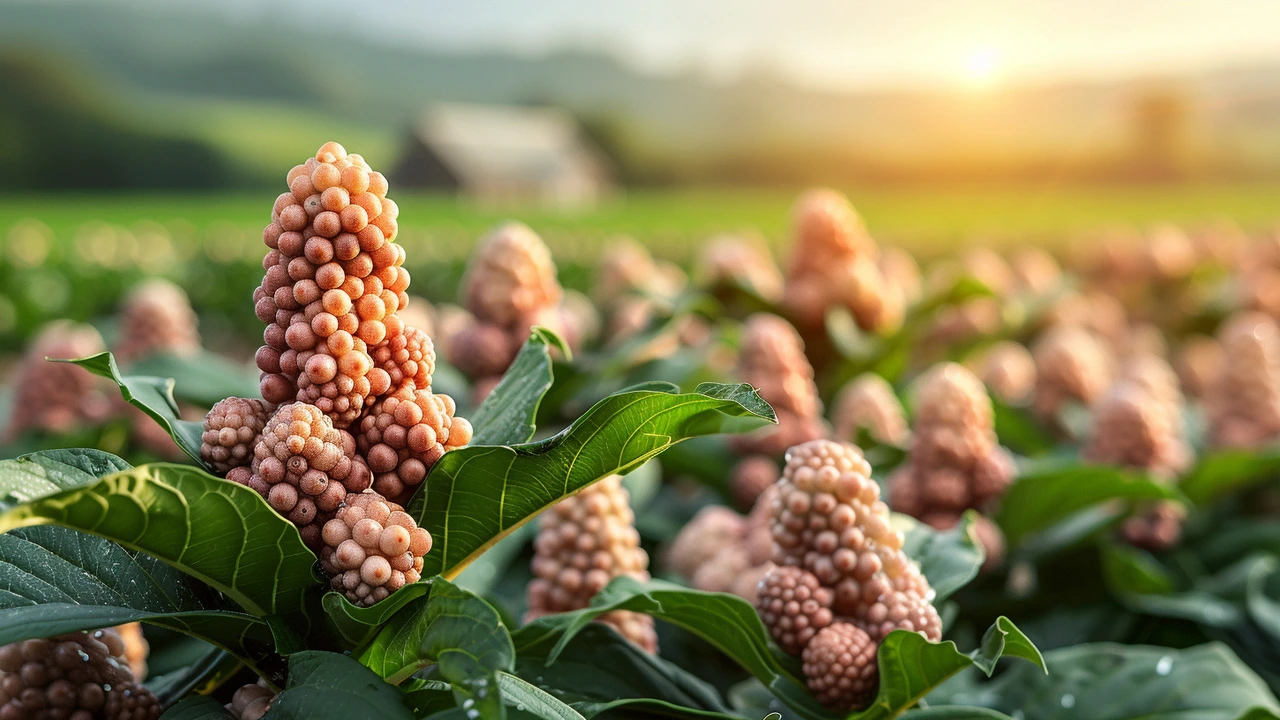May 2024: Squill Supplement – Benefits, Uses, and Safety
If you’ve been scrolling through health blogs, you might have seen the buzz around squill. It’s not a new drug, but a plant‑based supplement that’s gaining fans for its easy‑to‑take form and a list of health perks. In this post we’ll cut the jargon, tell you what squill actually does, and show you how to fit it into your daily routine without guesswork.
What Is Squill and How It Works
Squill comes from a bulb that’s been used in traditional medicine for centuries. The active part is a mix of saponins, which are natural compounds that can help the body regulate fluids and support heart function. Researchers have found that these saponins may reduce blood pressure slightly and improve how the kidneys handle sodium. That’s why people with mild hypertension or fluid‑retention issues often give squill a try.
Beyond the circulatory system, squill appears to have antioxidant properties. Antioxidants protect cells from damage caused by free radicals, which are linked to aging and chronic disease. While the research is still early, a few small studies showed reduced markers of oxidative stress in participants who took a squill extract for eight weeks.
How to Add Squill to Your Routine
Getting started is simple. Most brands sell squill in capsule form, usually 300‑400 mg per pill. The common dose is one to two capsules a day, taken with food to avoid stomach upset. If you’re new, start with one capsule and see how you feel before moving up.
Pairing squill with a balanced diet makes sense. Since it can help the body manage sodium, you’ll notice better results if you cut back on salty snacks at the same time. Stay hydrated; water supports the kidney‑friendly action of squill. And if you’re already on blood‑pressure medication, talk to your doctor before adding squill—its mild pressure‑lowering effect could stack with your prescription.
Side effects are rare, but a few people report mild stomach cramps or a temporary change in bowel habits. These usually fade after a week, and lowering the dose often helps. As with any supplement, quality matters. Choose a product that’s third‑party tested for purity, because plant extracts can vary a lot depending on how they’re processed.
To sum it up, squill offers a natural way to support heart health, fluid balance, and antioxidant defenses. It’s easy to take, inexpensive, and works best when you combine it with a low‑salt diet and regular exercise. Keep an eye on how you feel, and adjust the dose if needed.
Ready to give squill a try? Grab a reputable brand, start with the lowest dose, and track any changes in blood pressure or energy levels over a few weeks. If you notice improvements, you’ve found a simple tool to boost your health without a pharmacy visit.
Remember, supplements complement—not replace—good habits. Eat whole foods, move daily, and get enough sleep. When you line those basics up, a little squill can be a helpful extra in your wellness toolbox.
Transform Your Health With the Power of Squill: A Must-Have Natural Supplement
Discover the transformative potential of squill, a natural dietary supplement known for its myriad health benefits. Learn about its origins, how it works, and why it’s becoming a popular choice for those looking to improve their health naturally. This article explores the science behind squill, its benefits, potential side effects, and practical tips for incorporating it into your daily routine.
